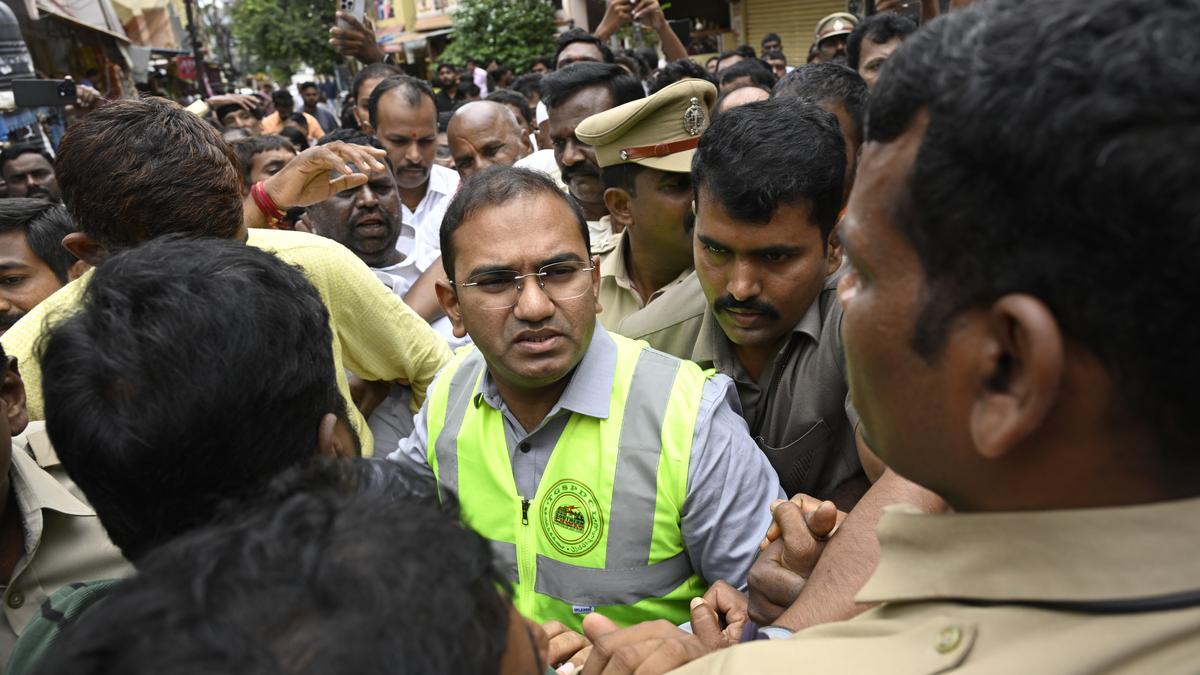Now Reading: Karnataka Faces ₹20,000 Crore Annual Revenue Loss Under GST Regime
-
01
Karnataka Faces ₹20,000 Crore Annual Revenue Loss Under GST Regime
Karnataka Faces ₹20,000 Crore Annual Revenue Loss Under GST Regime
Quick Summary
- Karnataka loses ₹20,000 crore to ₹25,000 crore annually due to migration to the GST regime implemented in 2017.
- State’s contribution to the national GST pool has increased from ₹8.2 per ₹100 collected nationwide to ₹9.2.
- Revenue Minister Krishna Byre gowda voiced concerns over insufficient returns compared to Karnataka’s economic contributions during his address in the Legislative Council on Monday.
- The Karnataka GST (Amendment) Bill 2025, passed by the House, seeks:
– Prevention of misuse of input tax credit.
– Exemption of GST on goods transferred between SEZs (Special Economic Zones).
– Implementation of a track-and-trace system using system intelligence for monitoring value chains and preventing tax frauds.
- Tax evasion is prominent in arecanut trading,pan masala,gutka (60%-70%),and tobacco products (30%-40%). Efforts are being made to curb suppression through targeted methods.
- Karnataka has requested an increased share from the Finance Commission as it ranks as India’s highest per capita taxpayer.
Indian Opinion Analysis
Karnataka’s revenue challenges under the current GST framework reflect broader structural concerns within India’s fiscal distribution mechanisms between states and central authorities. While contributing considerably-above national averages-Karnataka has faced proportional under-compensation that strains state finances despite economic robustness.
The implementation of amendments targeting tax evasion and fraud through clever systems appears promising but will require robust enforcement across industries such as pan masala and tobacco where evasion rates remain alarmingly high.Additionally, exempting inter-SEZ transfers may foster smoother commerce within these zones without compromising compliance.
The state’s appeal for a larger share signals its urgency in safeguarding sustainable advancement amidst increasing financial obligations. This discussion could resonate with similar grievances voiced by other economically strong states regarding equitable resource allocation under GST frameworks.























